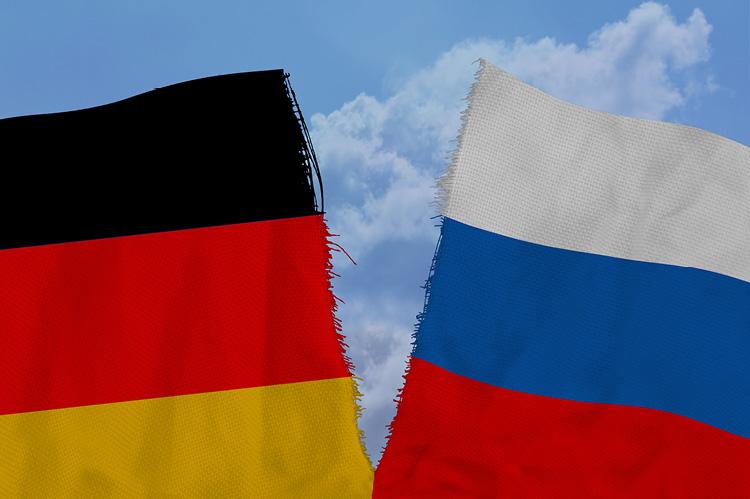Germany Bets on LNG, Nuclear, and Coal to Reduce Energy Dependence on Russia

Germany, Europe's largest consumer of Russian natural gas on Sunday, February 27, made a U-turn on the country's long-held energy policies, hinting at a possibility of running coal and nuclear plants for longer than initially planned.
The latest policy change could extend the country's coal and nuclear plants lifespan extension to help the country reduce energy overdependence on Russian gas. Germany spelled out strategies to ensure sufficient domestic energy production to meet local demands amid a widespread political uncertainty following Ukraine's invasion by Russia.
Russian gas accounts for half of the supply in Germany. The country has been under pressure from other nations to stop depending on Russian gas for a long time. However, its plans to phase out nuclear power plants by the end of 2022 and coal-fired power plants by 2030 have remained a challenge.
"The events of the past few days have shown us that responsible, forward-looking energy policy is decisive not only for our economy and the environment. It is also decisive for our security," the German Chancellor Olaf Scholz in a special session summoned to address the Ukraine situation.
Building LNG Terminals, Renewing Nuclear Power Plants & Holding on Coal for Longer than Planed
Scholz also hinted at building two liquefied natural gas (LNG) terminals in Brunsbuettel and Wilhelmshaven to boost the country's natural gas reserves.
"We must change course to overcome our dependence on imports from individual energy suppliers," said Scholz.
The plans will be a good fit for RWE, Germany's top utility, which has been at the forefront of supporting efforts by the German LNG Terminal to build an LNG terminal in Brunsbuettel. German LNG terminal is a joint venture of Vopak LNG Holding, Oiltanking GmbH and Gasunie.
On Sunday, Handelsblatt newspaper reported that the German government had requested Uniper, RWE's competitor, to rekindle its earlier plans to build an LNG terminal in Wilhelmshaven.
The change of energy policies has been orchestrated by Russia's invasion of Ukraine, which has prompted Western countries to impose sanctions on Moscow. As part of the plan, Germany will utilize long-term options to increase the volume of natural gas in its storage facilities by 2 billion cubic meters.
According to data released by industry group Gas Infrastructure Europe, Germany currently has 24 bcm of underground caverns of gas storage which are 30% filled. Scholz emphasized that the country will purchase additional natural gas on world markets in the coordination of the European Union.
Germany's Minister of Economics, Robert Habeck, said that the country is considering extending the lifespan of its remaining nuclear power plants to grasp the energy supply.
"It is part of my ministry's tasks to answer this question. I would not reject it on ideological grounds," said Habeck in response to a question on the future of nuclear plants in the country. He added that letting coal-fired power plants operate longer than planned was among their considerations.
"There are no taboos in deliberations," said Habeck, adding that Germany will have the authority to choose its energy suppliers, and that could mean saying goodbye to Russian gas, oil, and coal.
